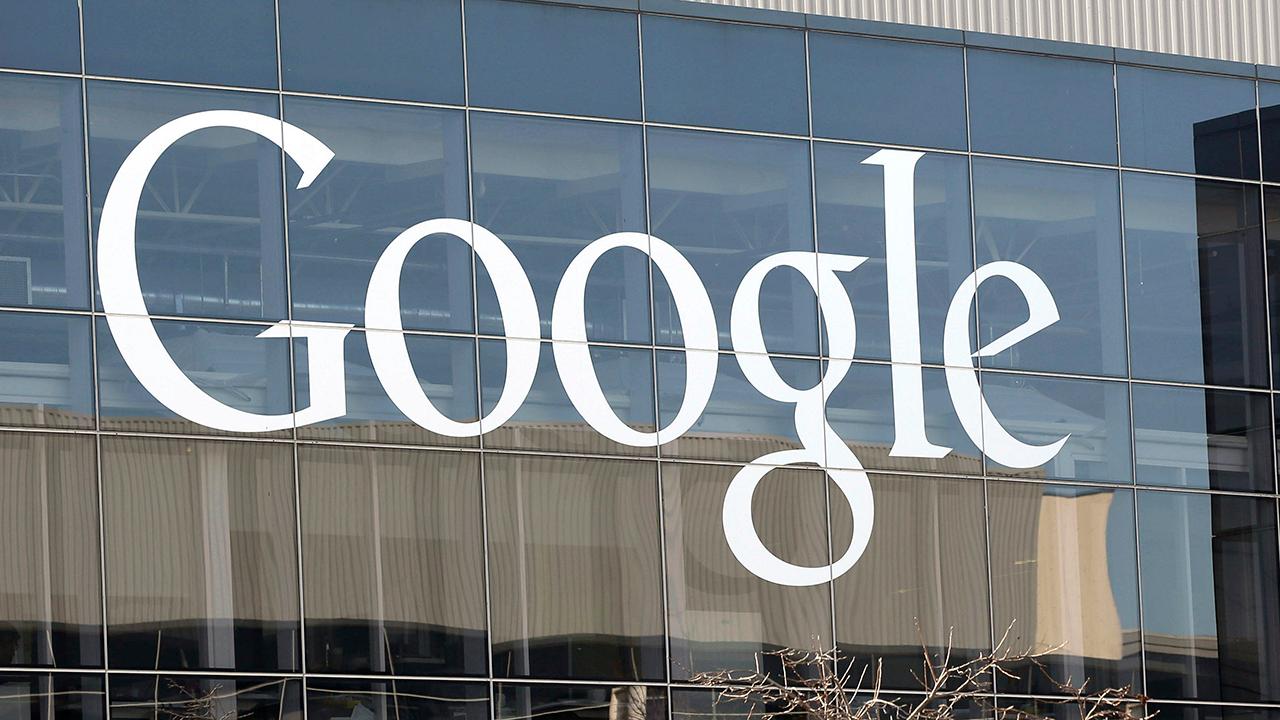In defense of big tech
Recent criticisms of tech companies and public calls to break them up are not only misguided – they actively stymie American innovation. For the U.S. to remain a global tech leader, we need to support – not tear down – the companies leading the way in the tech industry.
The U.S. is home to many successful companies. Some provide important free services; others provide access to information and communication. And our nation produced an impressive 133 unicorns –startups with a valuation of more than $1 billion – between 2009 and 2018.
The tech industry brings big employment
Thanks in part to tech companies, we have record-low unemployment. Major U.S. tech companies are creating businesses. Amazon alone helped create more than 1 million entrepreneurs. According to its recently released “Small Business Impact Report,” Amazon helped some 2 million U.S.-based small- and medium-sized businesses generate more than $160 billion in 2018. Apple has created more than 2 million jobs in the U.S. Netflix is offering record employment in the creative community.
While businesses not able to adapt to the new digital marketplace have stalled in recent years, companies who have been creative, resilient and malleable in their approach to the products and services they offer are thriving – as is the hallmark of the American economy. In fact, big companies not only create jobs, but they also pay their workers better, provide better benefits and contribute more to charitable causes.
Successful innovation is disruptive – and the U.S. is the global frontrunner of innovation. Henry Ford disrupted horse-and-buggy makers. Card punch, elevator and switchboard operators are nearly extinct. In their places are products and systems that are more effective and make people’s lives easier at a lower cost.
Record companies are regaining previous market share through new streaming platforms, as well as through concert tour revenue, which is growing – Live Nation’s concert division reported that 15 million fans attended Live Nation concerts in the first quarter of 2019, up 22 percent from 2018.
Savvy subscription-based news publications are prospering, too – The New York Times’ digital business brought in $709 million in 2018 and employed an all-time high 1,600 journalists. The Washington Post and The New Yorker are profiting as well – showing that people will pay for quality reporting and digital content.
Similarly, companies that are embracing the new technology by committing to reskilling their workers will thrive in the digital future. Consumer Technology Association (CTA) members are committed to reskilling millions of American workers in the next few years, signing on to Ivanka Trump’s Pledge to America’s Workers initiative.
Acquisition is a good thing
The fact that companies such as Apple and Google are buying small companies is a positive – acquisition fuels the U.S. venture capital market. Investors need to know that big companies can buy smaller startups and other companies. This is as an important exit strategy as an IPO. At the Consumer Electronics Show (CES), the world’s largest and most influential tech event, which CTA owns and produces, companies scour more than 1,300 startups each year in hopes of acquiring them, partnering with them or investing in them – something the startups actively welcome and even come to CES specifically to achieve. It’s a wonderful trend that rather than try to create something from scratch, big companies can build on something that is already working.
Importantly, competition threatens every tech giant’s success – and they know it. Consider the short history of the cell phone: leadership in the industry moved from Motorola to Nokia to BlackBerry to Palm to Apple. Today’s consumer does not need Amazon to shop, Google to search or Twitter to post. Competition between services is a click away. Even the largest tech companies must stay on their toes to retain market share.
Protecting people’s privacy is important – with caution
If big companies make mistakes there are laws and oversight which encourage legal action. In the online world, privacy is evolving.
People want accountability; they want action. But we need to keep privacy legislation in the federal sphere, and we need to trust the FTC to appropriately enforce consumer privacy. It has already used its authority to act against companies whose data practices have caused significant harm to consumers. It has broad authority, and there is strong bipartisan support for Congress to clarify and expand this authority. One reason Europe is so far behind us in innovation is because of their “opt-out” and General Data Protection Regulation (GDPR) rules, causing countless businesses to either fold or withdraw from Europe.
CLICK HERE TO GET THE FOX BUSINESS APP
America leads the world in innovation because we develop laws that give companies the freedom to innovate while protecting citizens’ rights to privacy and individual expression. That’s one of the reasons the tech industry currently generates 10.3 percent of U.S. GDP.
In a free-market society, if you don’t like the way a business or platform works, you are free to move to a different platform or even start a competitor. Pushing for big tech to become small tech turns America into the land of restriction, not the land of opportunity.
Gary Shapiro is president and CEO of the Consumer Technology Association (CTA)™, the U.S. trade association representing more than 2,200 consumer technology companies, and a New York Times best-selling author. He is the author of Ninja Future: Secrets to Success in the New World of Innovation. His views are his own.




















